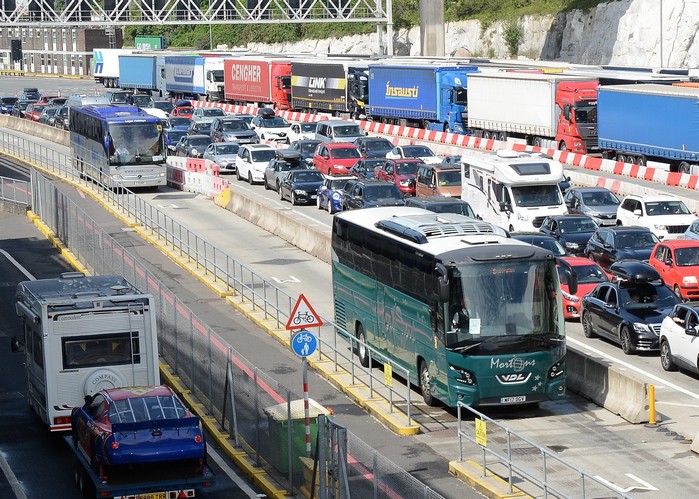The Coach Tourism Association (CTA), the Confederation of Passenger Transport (CPT) and prolific tour operator Leger Shearings Group have added to reactions to the European Union’s (EU) decision last week to delay the introduction of the Entry-Exit System (EES).
The new IT system, which is set to include the scanning of travellers’ biometric data, was to have been brought in at the EU’s external borders on 10 November.
However, the EU conceded that key countries did not have their infrastructure ready and bowed to concerns that widespread disruption could ensue.
No firm date for its introduction has been set, but a phased-in approach is favoured by the EU, with the first steps expected in 2025.
CTA Chair Robert Shaw reacts: “While it is not surprising that the European Commission has delayed the implementation of the EES, it is essential that, when the system is put into place, it is seamless, otherwise it has the potential to have a catastrophic effect on European coach travel from the UK.”
A statement from CPT reads: “We are currently awaiting further information from the UK government on the implementation of the EU’s Entry/Exit System following widespread media reporting that implementation will not take place on the previously announced date of Sunday 10 November 2024.
“CPT will continue to monitor the situation closely and keep our members informed of any developments.”
Meanwhile, Leger Shearings Group Chief Product Officer Chris Plummer adds: “We welcome the announcement that the start date for EES has been postponed until all parties are happy that the systems and infrastructure are in place as this will minimise the potential for disruption to our passengers.
“However, as a business, we require certainty going forward so that we can ensure our passengers and partner operators are fully prepared and, currently, there is a lack of accurate, detailed information.”
Trade body RHA was among those calling for a delay to the 10 November introduction. It said last week: “We continue to seek clarity from the government on timeliness and readiness for EES.”
























